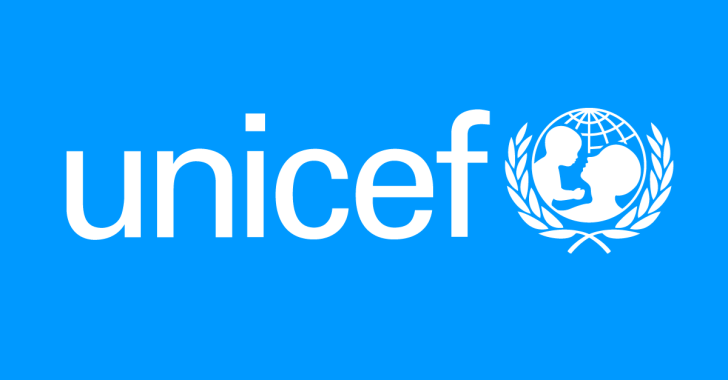UNICEF has just announcedit will be funding 6 blockchain startups to “solve global challenges using blockchain technology.”
The children’s charity has said it will invest USD 100,000 in 6 different ideas that can be used to bring betterment to the lives of children.
Broader Program
UNICEF’s move to invest in blockchain startups to help them elevate the plight of children the world over may be relatively new (first attempt 2 years back in an identity focused platform), but the United Nation’s wing is certainly not new to investing in upcoming technology companies. UNICEF already invests in 20 different tech startups.
This round of investments is funded through UNICEF’s innovation fund. The organization had given hints on its intention to fund the emerging technology at a very early stage, back in February 2016. Its intentions were made true when it reached out globally at the start of this year, accepting applications to kick off blockchain platforms to help children.
The Blockchain Platforms
The 6 platforms that UNICEF has announced it will be funding are:
- Atix Labs: A finance tracking platform.
- Prescrypto: Blockchain based patient history.
- Onesmart: Another finance tracking blockchain platform.
- Utopixar: Social collaboration tool.
- W3 Engineers: Offline networking platform that can work without the need of traditional internet.
- Statwig: Supply chain platform for efficient vaccine tracking and delivery.
Explaining why these startups were chosen, Chris Fabian, UNICEF Innovations principle adviser said, “…our financing, technical support, and focus on vulnerable populations can help a technology grow and mature in the most fair and equitable way possible.” And “Blockchain technology is still at an early stage – and there is a great deal of experimentation, failure, and learning ahead of us as we see how, and where, we can use this technology to create a better world.”
UNICEF, apart from investing and helping the platforms grow,will also give them access to the large network of partners and professionals, allowing the teams to fast track their development so they can deliver their prototypes within one year’s time.
 Saad Ullah
Saad Ullah

 Saad Ullah
Saad Ullah


